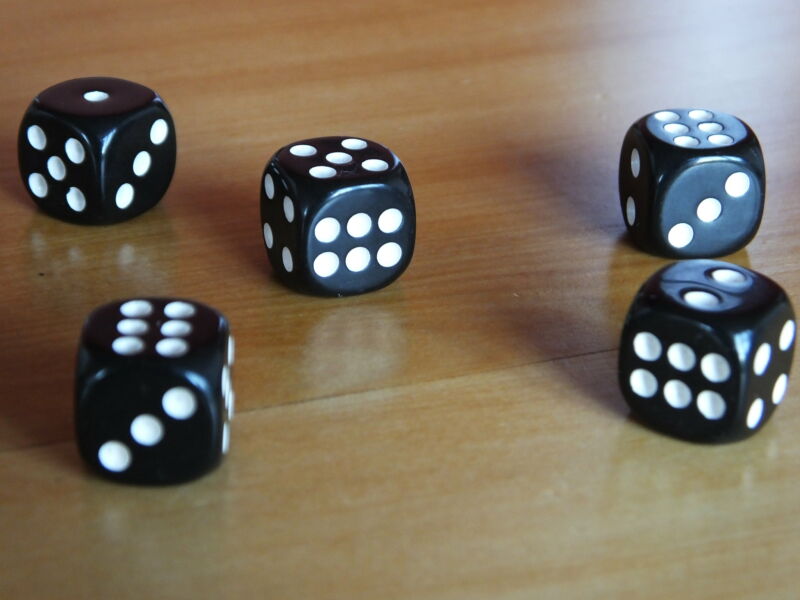The science behind human irrationality just passed a huge test

Enlarge / When faced with uncertainty, people don't make perfectly rational choices. (credit: flickr user: Jacqui Brown)
If you won $100 tomorrow, you'd be pretty happy. And if you lost $100, you'd be less than thrilled. But those two feelings wouldn't be the same in magnitude: the loss would probably sting far more than the gain would delight.
People don't approach things like loss and risk as purely rational agents. We weigh losses more heavily than gains. We feel like the difference between 1 percent and 2 percent is bigger than the difference between 50 percent and 51 percent. This observation of our irrationality is one of the most influential concepts in behavioral science: skyscrapers of research have been built on Daniel Kahneman and Amos Tversky's foundational 1979 paper that first described the paradoxes of how people make decisions when faced with uncertainty.
So when researchers raised questions about the foundations of those skyscrapers, it caused alarm. A large team of researchers set out to check whether the results of Kahneman and Tversky's crucial paper would replicate if the same experiment were conducted now.
Read 16 remaining paragraphs | Comments